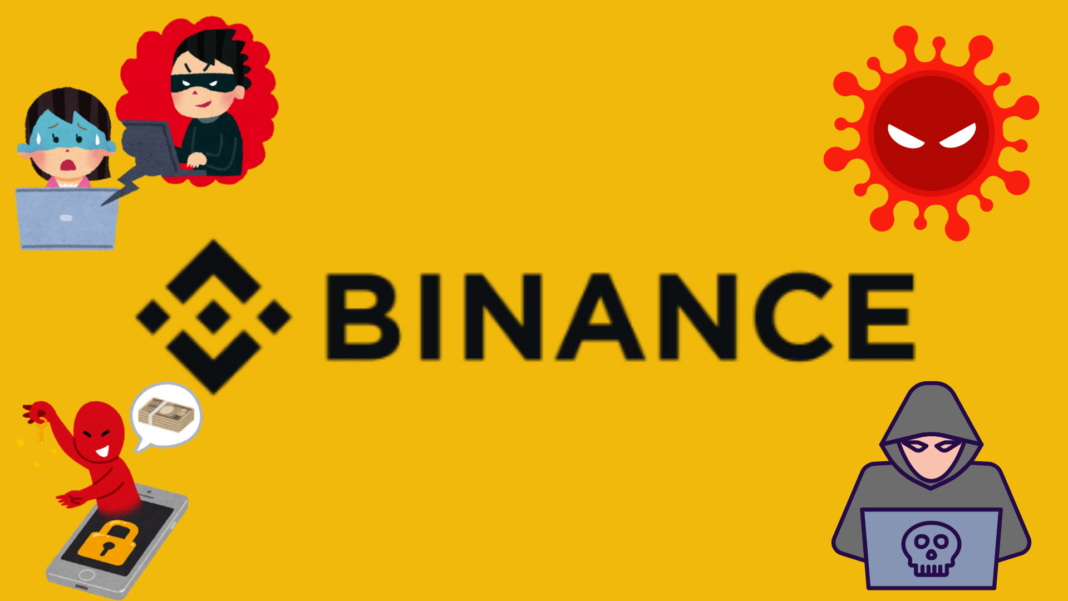The world’s largest cryptocurrency exchange, Binance, has issued a warning about a global malware issue impacting crypto transactions.
The malware, identified as “Clipper malware,” alters withdrawal addresses during the transaction process, posing a significant risk to users transferring funds.
In a blog post, Binance noted that the malware is designed to intercept data from users’ clipboards, especially targeting cryptocurrency wallet addresses.
When a user copies and pastes a wallet address during a transaction, the malware replaces the original address with one controlled by the attacker. If unnoticed, the user may unknowingly send their cryptocurrency to the attacker’s wallet, resulting in financial losses.
What is the Malware Threat?
There has been an increase in the malware’s activities, especially on August 27, 2024, which has resulted in several fraud cases. The primary method of distribution for this harmful software is through unofficial programs and plugins. It particularly affects web apps and Android apps. Users of iOS are less impacted, although Binance nevertheless cautions them.
In response, the security team at Binance has put in place several crucial safeguards to keep its users safe. Firstly, the exchange is aggressively blocking many fraudulent transactions by blacklisting suspect addresses connected to the attackers.
Additionally, Binance has alerted customers to the virus concern and recommended that they confirm their withdrawal addresses one last time before making any transactions.
Additionally, affected users are encouraged to report incidents, helping Binance to analyze the malware and identify the plugins and apps involved. The security team continues to monitor the situation closely, updating protocols as new threats emerge.
Binance Issues Guidelines for Users to Stay Safe
Users can guard against this kind of infection by following the security advice that Binance has made available. Checking for authenticity comes first. Users must make sure they get apps and plugins from reputable sources to use them for cryptocurrency transactions. Unofficial applications should be avoided, especially if they were downloaded from dubious sources.
Double-Check Withdrawal Addresses follow. Users are advised to verify the wallet address two or three times before completing any cryptocurrency transaction to prevent sending money to an attacker. Fraud can be avoided by taking additional safety measures, such as using screenshots to confirm addresses.
Finally, but just as importantly, use security software. Malware may be found and eliminated from devices with the installation and frequent upgrading of protection software.
Binance advises users to stay informed by keeping up with the latest security advisories from trusted sources.
Binance’s message highlights the importance of vigilance in the fast-moving world of cryptocurrency. Users are reminded to take basic security steps to safeguard their assets, particularly in light of the increasing sophistication of cyberattacks.


